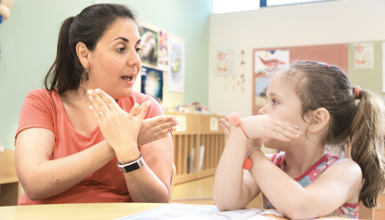SEN (Northern Ireland)
22% of the school population in Northern Ireland are reported as having special educational needs (SEN).
The majority of these children and young people will be taught in mainstream schools, and schools will be expected to ensure they are given the support they need.

